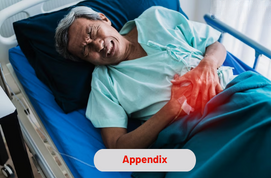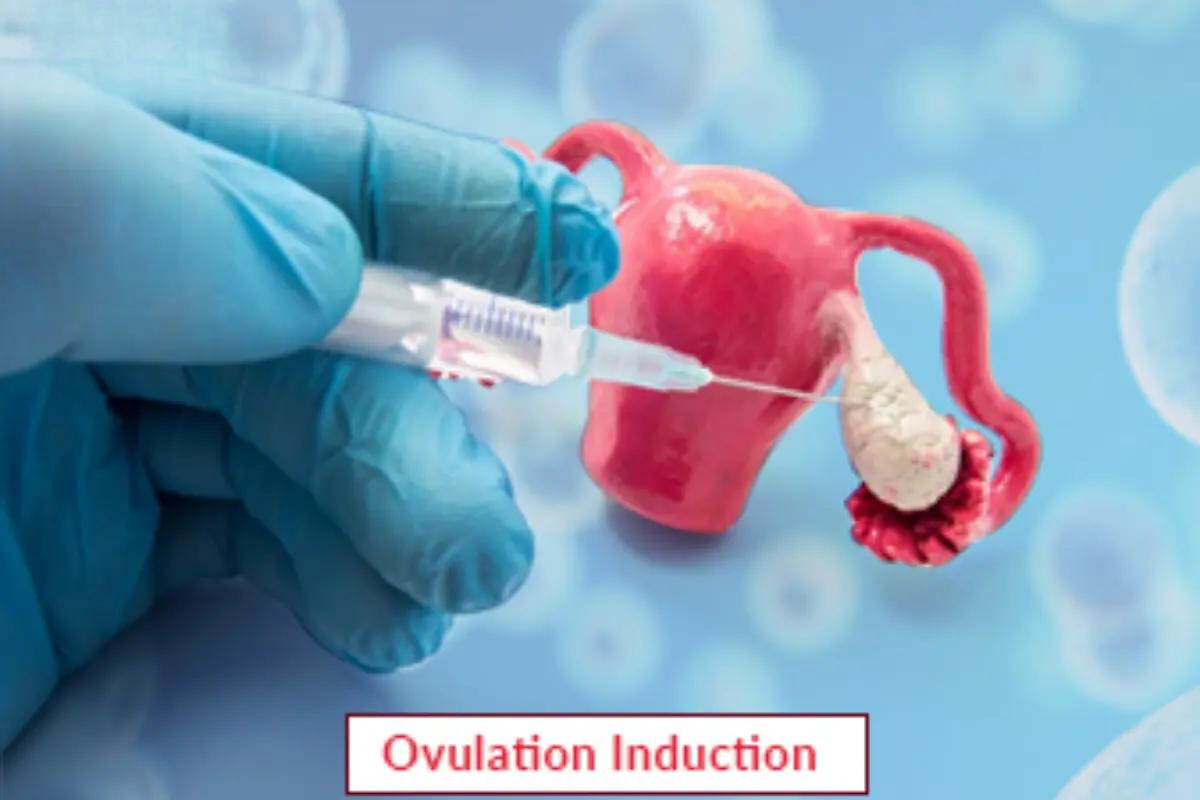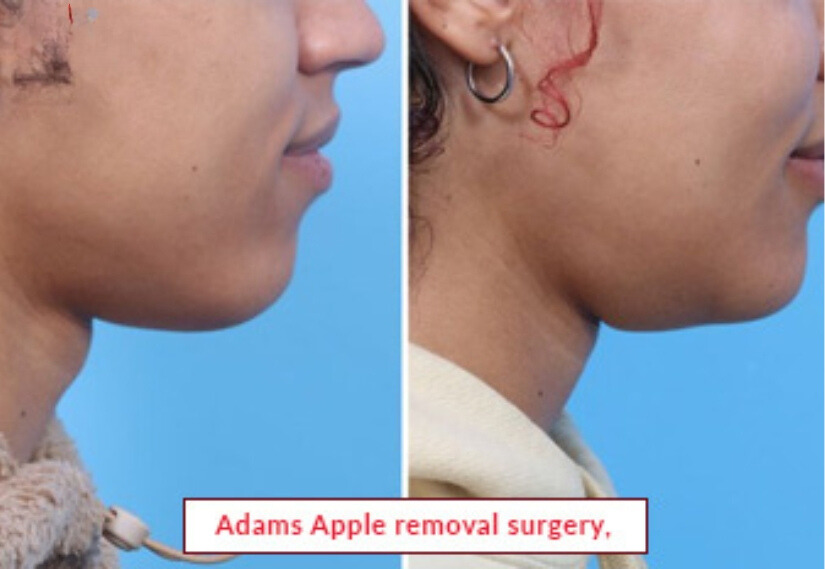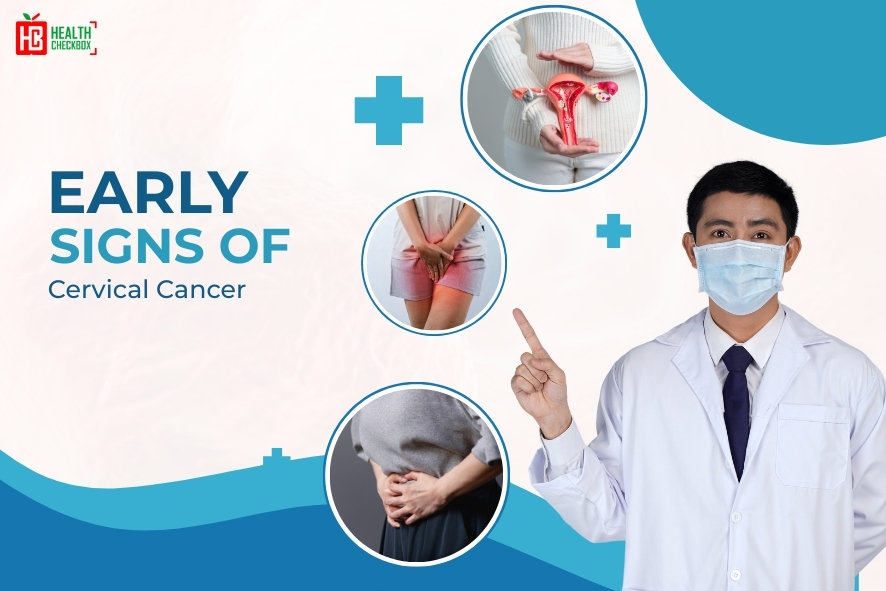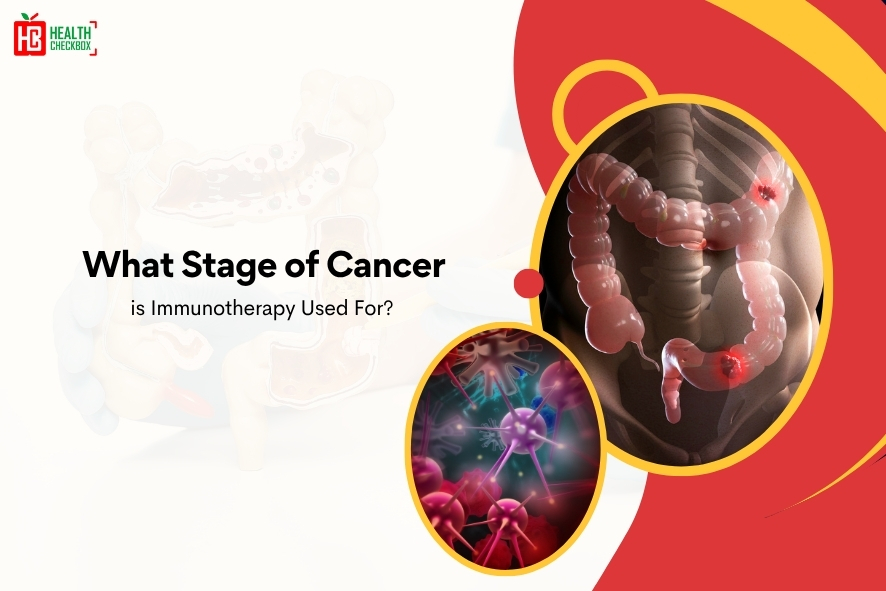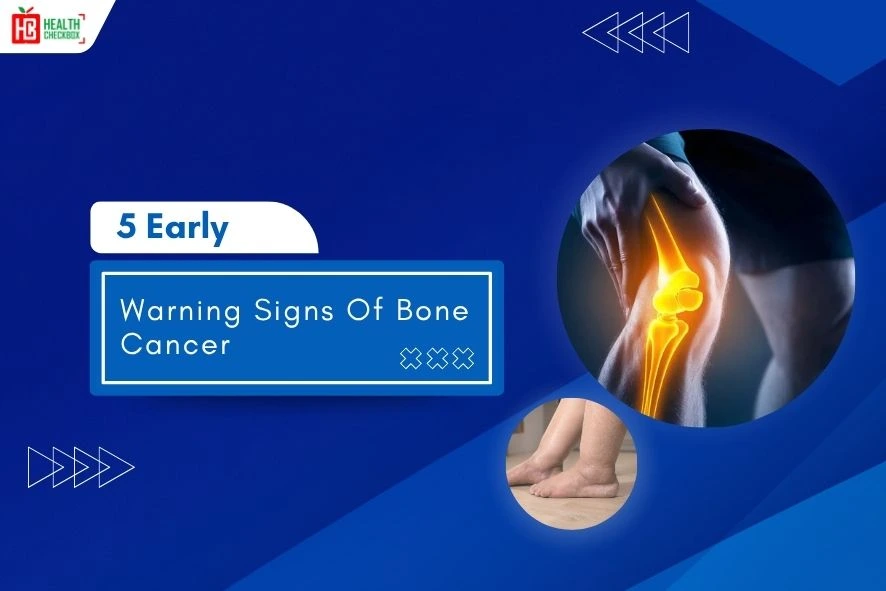Appendicitis is a common health condition that is found in individuals. This health issue mainly occurs in those who are in the age between 10 and 30 years. It requires surgery as soon as possible otherwise inflammation gets worsens which typically increases pain and becomes serious for the patients.The main cause of its occurrence are swelling and inflammation in the appendix, which leads to several health complications, if it remains untreated.
Its best treatments are open surgery and laparoscopic surgery. Doctors use these procedures for appendix removal. A laparoscopic surgery is a minimally invasive treatment, which provides quick recovery and relief to the appendix suffering patients. This medical condition can also be treated with the help of antibiotic medicines.
What is an Appendix?
An appendix is a small and finger-shaped pouch that is located at the lower right abdomen. It is connected with the large intestine in the human body. Its main function is to support the immune system to fight against body infections. It also plays an essential role in removal of waste in your digestive system.
Types of Appendix
Appendicitis consists of two types. These are as follows:
- Acute Appendicitis: It occurs when an inflammation becomes sudden and severe in your appendix. This worsens your symptoms and pain quickly. It is rare and common for children and young adults.
- Chronic Appendicitis: This severe condition cannot be diagnosed easily. Its symptoms are mild which can reappear in weeks, months or years.
Causes of the Appendix
The certain conditions that results in appendicitis are as follows:
- Lymphoid Hyperplasia: It develops when the number of cells are increased in your lymph nodes. This condition becomes severe and occurs in any body parts. It causes bacteria, viruses and other infections in patients.
- Tumors: When they occur inside the appendix, it results in appendicitis. This problem can be cancerous or non-cancerous, which becomes rare for individuals.
- Cystic Fibrosis: It increases the risk of appendicitis in people with larger appendix. This problem is uncommon and cannot be diagnosed easily.
- Appendix Stones: The dryness of old poop is converted into hard stones, which gets stuck in the opening of the appendix. The stones carry bacteria which cause inflammation and develop appendicitis at a higher risk.
- Parasites: An appendix gets swollen or inflamed when parasites block its opening. This problem is rare and becomes critical for patients.
- Colitis: Your large intestine affects your appendix when it gets inflamed. This occurs due to irritation or when infections get spread in the intestine.
Symptoms of Appendicitis
This medical problem leads to several symptoms. These are as follows:
- Abdominal pain
- Diarrhea
- Swelling in the belly
- Appetite loss
- Upset stomach and vomiting
- Severe cramps
- Constipation
- Acid reflux
- Difficulty in passing gas
If you take pain medicine, your healthcare provider does not know about your symptoms. They may be similar to other health problems in patients.
How to Diagnose Appendicitis?
This medical problem can be diagnosed in the following ways:
- Physical Exams: A gentle pressure may be applied on your painful area. The pain gets worse when the pressure is suddenly released. This is due to the occurrence of inflammation in the lining of the abdominal cavity.
Your abdominal stiffness may also be checked before surgery. A healthcare provider applies pressure on an inflamed area by flexing your abdominal muscles. This process is known as guarding. A glove, lubricated finger may be used for the identification of lower rectum. The other problems which cause pain are monitored through pelvic exams in people with childbearing age.
- Blood Tests: It checks the counting of your white blood cells. If the count is high, then it may be a sign of infection.
- Urine Test: It identifies your pain in urinary tract infection or kidney stones. This test might be required for patients, which is also known as urinalysis.
- CT Scan: The images of your abdomen will be taken through multiple X-rays. It is the most accurate diagnostic test for appendicitis but cannot be applicable for pregnancy.
- MRI Scan: The large magnetic and radio waves are used for capturing images. It is better than CT scan and often used for children and pregnant women.
- Abdominal Ultrasound: It involves sound waves to create images of your abdomen. This scan is preferred as an imaging method for children, but less helpful for adults.
Types of Treatments for the Appendix
Appendicitis needs immediate medical care as it is a medical emergency. It requires surgical removal of the appendix in serious cases, which is also known as appendectomy. In mild cases, it can be treated through medication drugs. In most cases, an appendectomy is required for appendix removal. It is a very common surgery and can be applicable in two different methods:
Open Appendectomy:
- A surgeon makes a large incision in the lower right side of your belly.
- After that, your appendix will be tied off with stitches and removed.
- If your appendix explodes, your surgeon will use salt water to wash your abdomen.
- Then, it will be closed with stitches and a small tube is placed for draining extra fluids.
- A small cut can be made in the middle of your abdomen for people with peritonitis, which takes up to 1 week before leaving the hospital.
Laparoscopic Appendectomy:
- This surgery involves a small cut in your abdomen and a small device called port is placed into it.
- Your abdomen is filled with gas in which enough spaces are created for operation.
- After that, a surgeon inserts a small camera known as a laparoscope.
- The more ports are inserted in your abdomen which helps to remove your abdomen easily.
- This method is better than open surgery because it allows the patient to recover quickly.
Latest Health Tips
Can Immunotherapy Cure Stage 4 Lung Cancer?
Early Signs of Cervical Cancer
Foods that Kill Cancer: Leafy Vegetables, Grains, & More
What Stage of Cancer is Immunotherapy Used For?
Which is Worse for Cancer, Sugar or Alcohol?
Vaccines That Prevent Cancer
What Kills Cancer Cells in the Body Naturally?
Early Warning Signs of Bone Cancer
Submit Your Enquiry
Testimonials








